The G20 in South Africa: Decoding the Absence of the US Delegation and the Shift Towards a Multipolar World
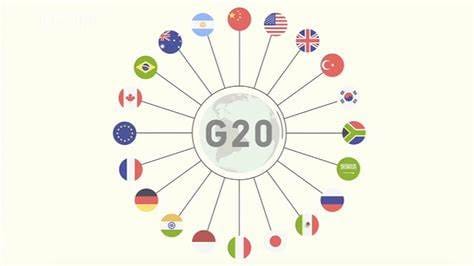
The ongoing G20 events in South Africa have sparked significant attention, not just for their agenda but for the conspicuous absence of key US officials, including Secretary of State Marko Rubio. While the official reason cited is a diplomatic tussle between South Africa and the United States, a deeper analysis reveals a far more strategic and global shift at play. This article delves into the underlying dynamics, the move towards a multipolar world, and what the absence of the US delegation signifies for the future of global governance.
The Missing US Delegation: A Surface-Level Tussle or a Strategic Move?
The absence of high-ranking US officials at the G20 summit 2025 in South Africa has raised eyebrows. While the official narrative points to tensions between South Africa and the United States, the real reason lies in the broader geopolitical strategy of transitioning from a unipolar world order to a multipolar one.
The Ukraine war marked the beginning of this transition, with a tacit understanding among major powers like India, Russia, the US, and China to dismantle unipolarity. To achieve this, it was essential to create the illusion of conflict between these nations—be it US-Russia tensions during the Ukraine war or the upcoming trade wars between the US, India, and China.
The Multipolar World Blueprint: How It Works
The shift to a multipolar world requires the deliberate dismantling of unipolarity. This is achieved through strategic conflicts and realignments:
- Ukraine War: Served as the first step, where tensions between the US and Russia were highlighted. With the war nearing its conclusion, the focus now shifts to other regions.
- India and China’s Role: The next phase involves India reclaiming POK (Pakistan-Occupied Kashmir) and China reclaiming Taiwan. These actions will be accompanied by trade wars between the US and these nations, mirroring the decoupling seen with Russia.
- Sectoral Realignment: In this new order, sectors where India and China are strong will face challenges, while weaker sectors will be revitalized. For instance:
- India: Farming, manufacturing, logistics, defense, food processing, precious metals, and space are likely to thrive, while the services sector may take a hit.
- China: Manufacturing, which has been its backbone, will face setbacks, while other sectors will rise.
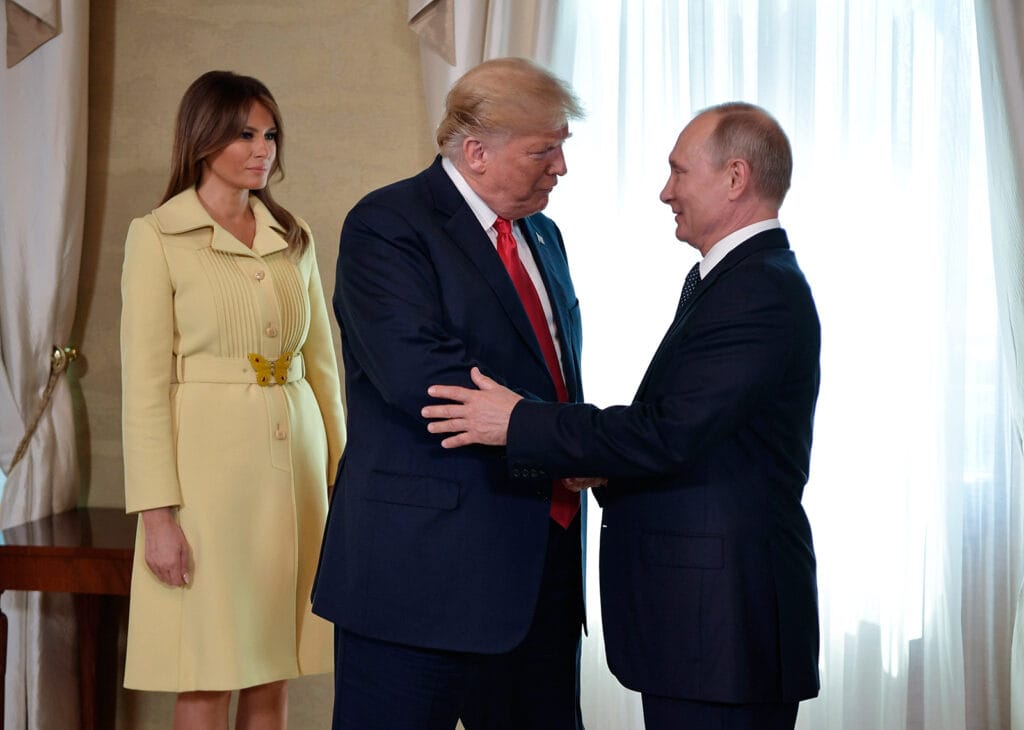
This realignment ensures that nations no longer fit into the American-led global framework that has dominated for decades. Instead, they will rebuild sectors that were artificially weakened and let go of those that were artificially strengthened.
The G20 Absence: A Signal to Allies
The absence of the US delegation at the G20 summit 2025 in South Africa sends a clear message: America is willing to abandon its allies to pave the way for a multipolar world. This move underscores the US’s strategic withdrawal from multilateral bodies like the World Bank, IMF, UN, WTO, WHO, and G20 until they adapt to the new multipolar reality.
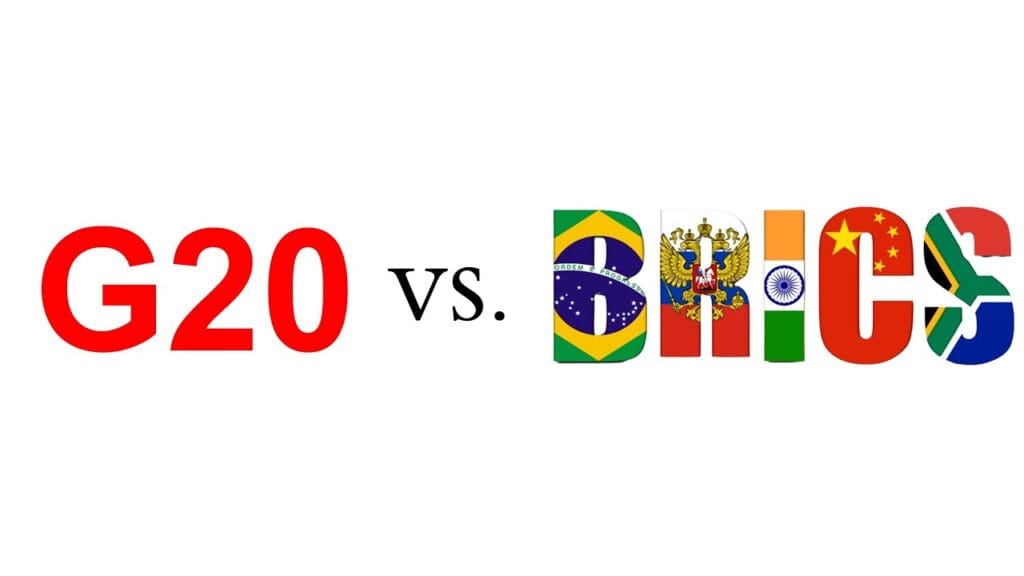
By stepping back, the US is indirectly urging its allies to align with India and China, who are now setting the agenda for the future. This shift is not just about power dynamics but also about redefining global governance to reflect the realities of a multipolar world.
What Does This Mean for the Future?
- Redefining Global Institutions: Multilateral bodies must evolve to accommodate the interests of multiple power centers, not just the US.
- Strategic Realignments: Nations will need to reassess their alliances and economic strategies to thrive in a multipolar world.
- Sectoral Shifts: Countries like India and China will focus on building strength in sectors that were previously neglected, ensuring long-term resilience.
Conclusion: The Dawn of a New World Order
The absence of the US delegation at the G20 summit in South Africa is not just a diplomatic snub but a calculated move in the larger game of transitioning to a multipolar world. As India and China take center stage, the global order is set for a dramatic transformation. The coming years will witness the rise of new power dynamics, sectoral realignments, and a redefined role for multilateral institutions.
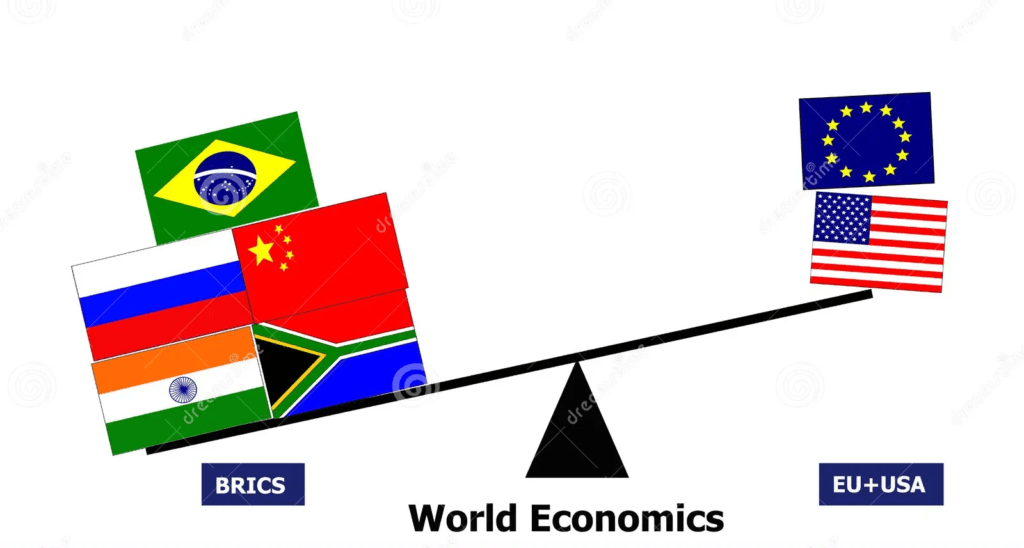
The message is clear: the era of unipolarity is ending, and the world must prepare for a future where power is shared, and governance is collective.
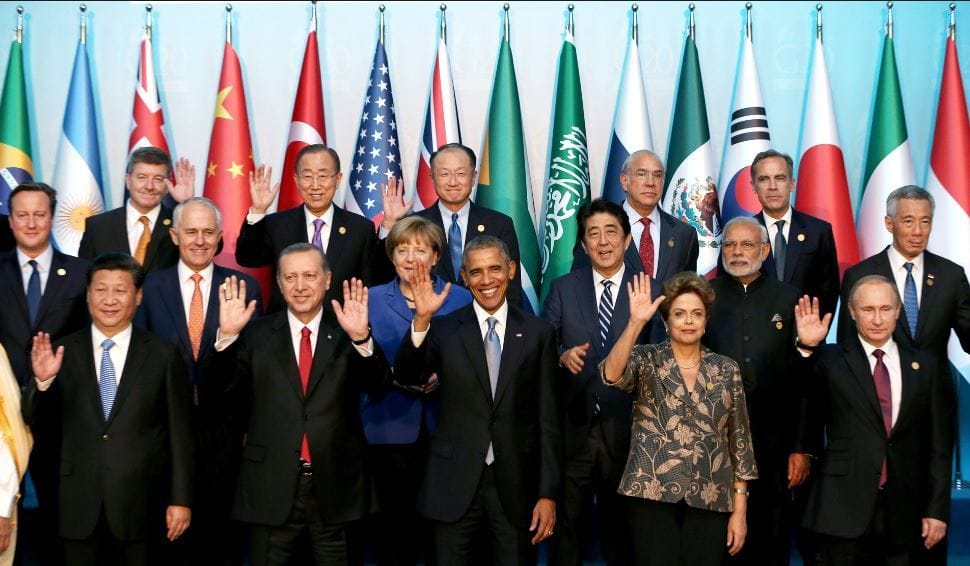
1 thought on “G20 Summit 2025 Signals a Shift Towards Multipolarity: The Silent US Realignment”